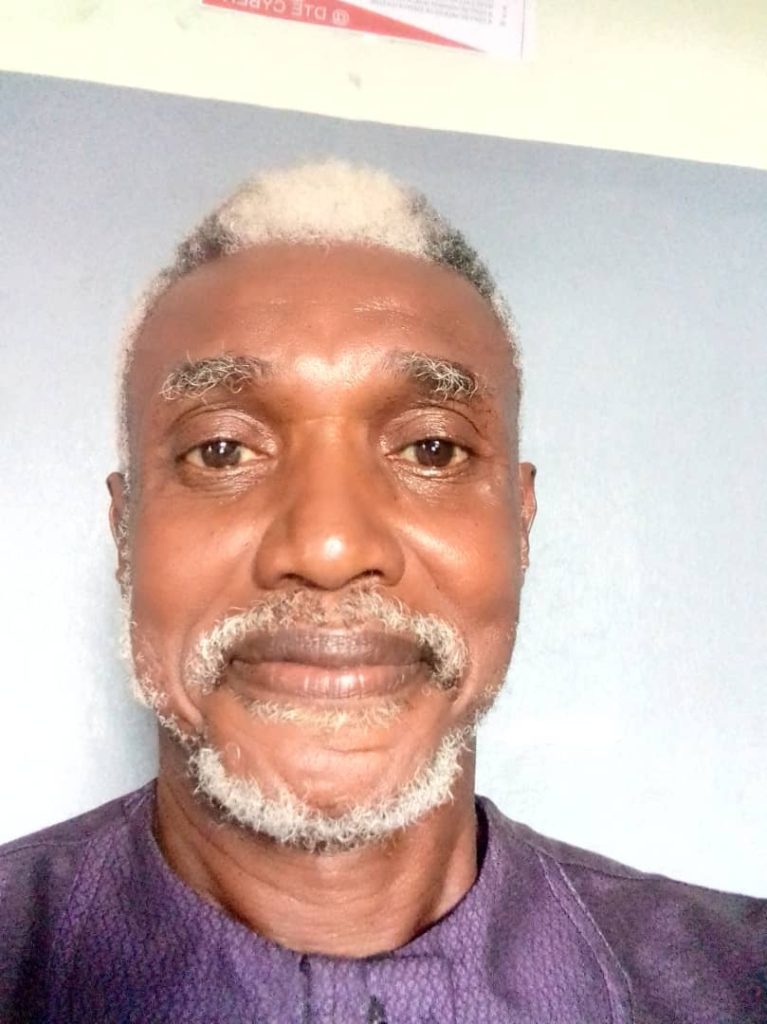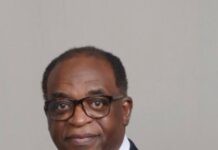
There are probably fears in the polity over popular allegations about how the Akwa Ibom State governance system “really” works with its being seen as controlled and dominated by elites, interest groups and usually influential citizens.
Howbeit, the sufficiency of its responsiveness to the ordinary citizens is left to the imagination, which we tend to regret or delight to either hail its unsung hero’s or boo at its anti-hero’s, all of whom are political actors with the leadership in the State.
Nevertheless, a clear voters influence on specific campaign formulated issues, favoured the electoral fortunes of Pst. Umo Eno, (PUE), in being elected at the March 18, 2023 Governorship and State House of Assembly elections in the State, to take up the reins of governance at the exit of Governor Udom Emmanuel by May 29, 2023.
Presently, PUE is implicitly faced with the pressures of various existing interests, segmented or individual interests which “imprison” him as the would-be leader of the State, on his preferred political appointees to constitute his executive cabinet and his close aids for his administration, who will serve as the ruling ‘elites’ on the forms of government.
Thus, such political appointments are expected to be based on competence and in a strong moral character and not on sentiments, based on rewards for successful campaigns, and as such, PUE is expected to go for experienced and tested technocrats who can stir the State to invigorate our productive livelihood in line with his “ARISE” Agenda’s policies to revamp our economy for a “season of happiness” as envisaged.
In so doing, PUE will as Governor need not forget that, in any case, democratic aspirations require more active citizens participation to reduce the ‘elites’ power, by which majority-rule is of essence, in the immediate and proximate sense and for which an appointed small-group of public officials as ‘elites’ is consistent with majority rule in delegating power to rule to proximate policy makers, to make policy that win majority assent. Thus their performances will determine the success of his administration, over the challenges facing the State, in order to make it economically prosperous, socially stable and politically peaceful.
Normally for this to happen, the most significant effort have seen “community power” entrenched in the system for a pluralist dispersal of influence, rather than by elitist concentration and for which political pundits agree, will be inevitable for less tangible elitist influence on the political system of the State, else, we could incur the consequences of a system “capture” by influential and interested parties, with the power to make or marr the administration. Moreso, it is a fact that some groups and kinds of participants in the play of power are obviously more powerful than others with being more sophisticated and with that, the capacity to manipulate, misinform and confuse the public.
At this point, one may more precisely say that PUE in his campaigns had always noted an overriding obligation to use his best judgement on what is of public interest and to rise above the lure for a self-serving interest and partisanship, which hopefully is expected to reflect in his choices for appointments as public officials, in pursuit of a visionary leadership.
In this connection, a political observer in the State recently commented that “political appointments can translate to evidence of good governance when done with the inclusion of the people in view”. Relatedly, PUE had mentioned during his campaigns that “those seeking appointments to serve in his government should have a house(s) in the villages they live in…they should have a farm also”, he stressed. It is therefore the general believe that if PUE, the Governor-Elect, “sticks to these bench marks without succumbing to pressures, the issue of good governance trickling to our rural areas and to the peasants will be easily achieved with economic proof”, as noted equally by politically pundits.
In the light of the above, there is no gain saying that the Akwa Ibom people are willing to exercise the desired role for “community-power”, on an “articulation of interests” of the people in the relevant constituencies, which is what has been PUE’s known desire for a “broad based” governance system, on policy formulation and feedbacks on implementations and expectedly in making the right choices for appointments.
Someone just offered to place a bet, that at the very soonest, PUE as a man of integrity and high intellect, will wittingly “keep at bay” charlatans known to be perversed-minded and inaccurately described as politicians, whom political observers say “had procured referrals from identifiable but undisclosed influential and interested sources” to gain “affinity” within “the corridors of power” and as publicist, characterize an abnormality politics syndrome with an indulgence for social media publics and being disingenuously labelled “leaders of tomorrow”. Such person’s political observers say, “are known to lack leadership ideas other than their creepy ability to infiltrate into the embrace of an unsuspecting leader with claims of their support, “and for the peoples best interest”, but with “haughty eyes”, in seeking political office. “Iyoo-o! Eteubom, ke-nsi-do, ke-ntak nso!”. Certainly, such political actors will fail even the smell test of “community power”, flat and square in having to shut out the garbage, based on the prospects for their leadership attributes and for not being “at home” with being “so far removed” from the people.
Lest we forget, we may now come back to face the fact that someone has to take up the task of deciding on political appointees for Government but which in actual fact is done through the complex processes for appointments that call for the co-operation of those with the power or influence on each other and which further guarantees that the process is not undermined with a tragic loss of ideas in having to put round pegs in round holes with overcoming the troubles and pressures of the system.
Victor R. Etok-Akpan is a political realist and writes in from Ikot Abasi L.G.A., Akwa Ibom State, 08065608338.



